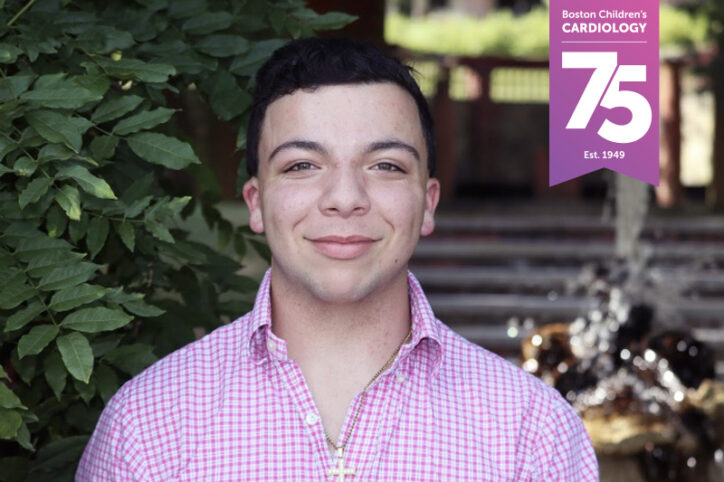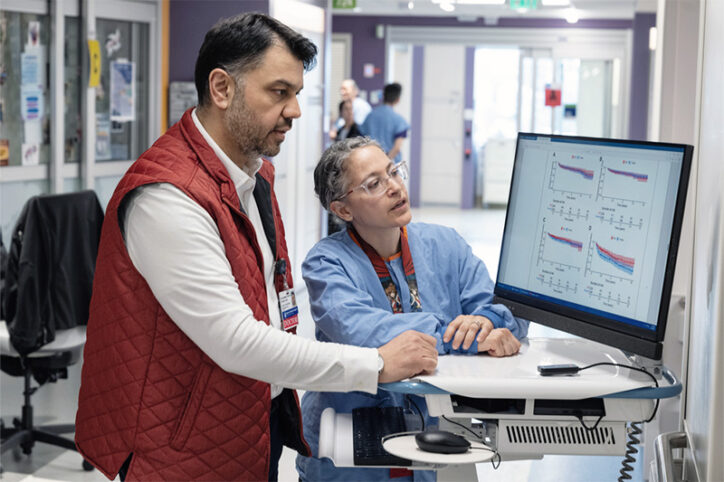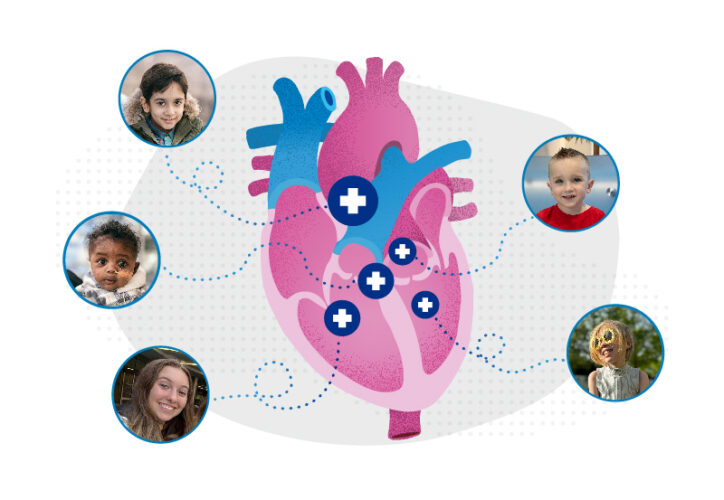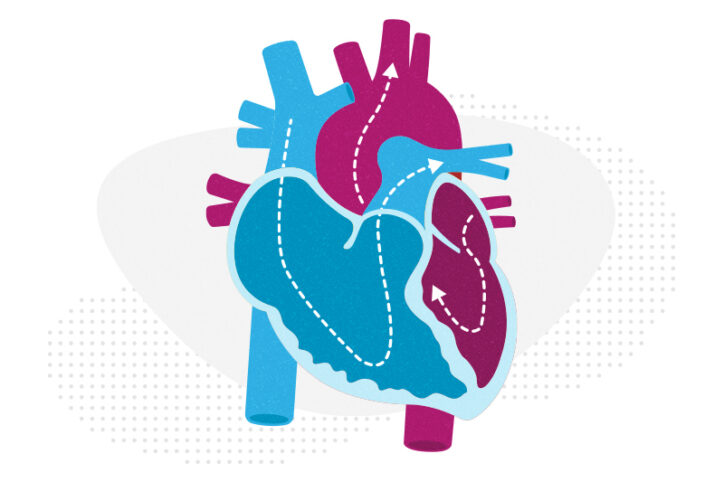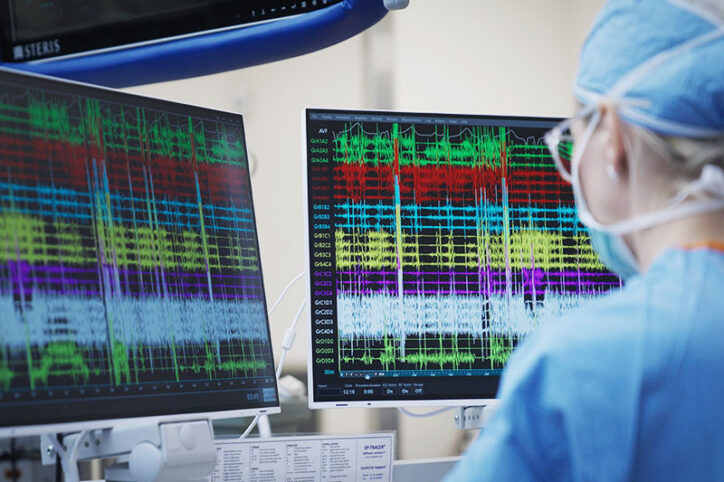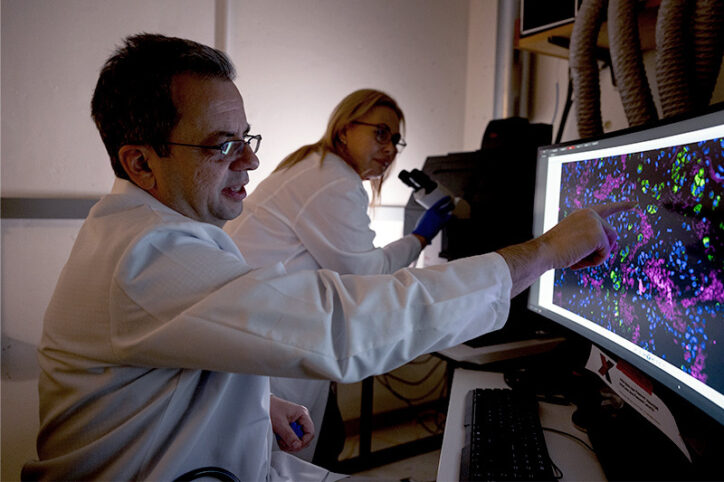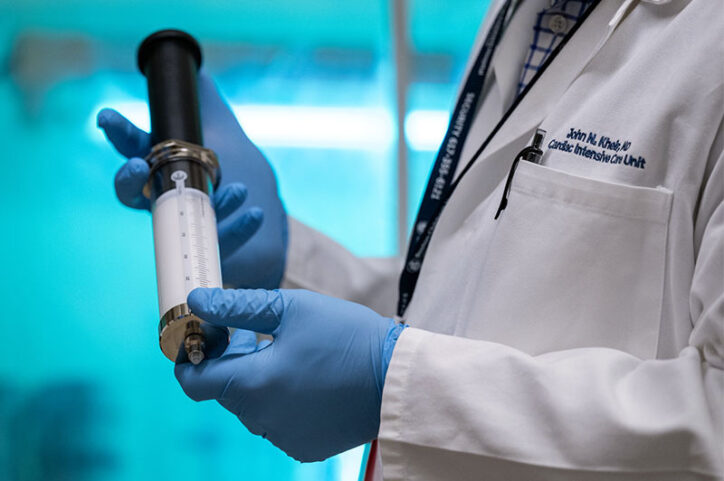Archive for Albert McKeon
The exciting life of Jack, the first successful fetal cardiac intervention patient
Jack Miller sometimes reaches out to his cardiologist, Dr. Wayne Tworetzky, with updates on his life. Recently, their conversations centered around Jack pushing himself while training to be a police officer. The physical endurance Jack needed for training was another example of how the fetal cardiac intervention that Dr. Tworetzky and the specialists of the Fetal Cardiology Program performed on ... Read More about The exciting life of Jack, the first successful fetal cardiac intervention patient
Unique data revealed just when Mickey’s heart doctors could operate
When Mikolaj “Mickey” Karski’s family traveled from Poland to Boston to get him heart care, they weren’t thinking about pressure-volume (PV) loops. His parents simply wanted him to receive treatment for a complex condition that he couldn’t get back home. Little did they know the mathematical computational power of those PV loops would play a ... Read More about Unique data revealed just when Mickey’s heart doctors could operate
Past patient outcomes could help single-ventricle surgery decisions
When considering whether a child who has a single-ventricle heart defect would benefit more from biventricular repair or the Fontan procedure, heart specialists have lacked a key tool to guide them: data that shows possible long-term health risks of each surgical option. But Boston Children’s heart specialists — who perform biventricular repair more often than any other pediatric hospital — ... Read More about Past patient outcomes could help single-ventricle surgery decisions
Every heart has a story. See how we care for them all.
It’s easy to think of the heart as a common denominator — everyone has one — but no two hearts are alike. Every heart is different. Every heart has a story. For many children and adults, that story includes coming to Boston Children’s for specialized heart care. Some were born with complex congenital heart defects, while ... Read More about Every heart has a story. See how we care for them all.
It’s all in the PV loops: New analytical model could improve circulation assessments before heart surgery
The double-switch operation corrects the congenital reversal of the heart’s ventricles and its two main arteries. It’s a practical way of putting the ventricles into the position they belong so that children with congenitally corrected transposition of the great arteries (CC-TGA) can benefit from enhanced circulation. Surgery, though, doesn’t come without risks. Some children’s left ventricles — ... Read More about It’s all in the PV loops: New analytical model could improve circulation assessments before heart surgery
Conduction tissue mapping is shown to significantly reduce heart block
New research by Boston Children’s validates an innovative approach to mapping the heart’s invisible conduction tissue during surgery. Key takeaways Using a catheter to map unseen conduction tissue drastically reduces heart block during biventricular repair surgeries for several heart conditions. Conduction tissue was identified in 96 percent of patients who were mapped. Only 4 of ... Read More about Conduction tissue mapping is shown to significantly reduce heart block
From swallowing troubles to doughnuts: How vascular ring treatment helped Everly
By the time she was a year old, Everly Parisee was frequently wheezing. Then she had trouble swallowing foods. Her parents sought help from local pediatricians and specialists, who, in turn, couldn’t pinpoint a diagnosis. It turns out Everly had a type of vascular ring — a rare congenital defect that can constrict critical parts of the ... Read More about From swallowing troubles to doughnuts: How vascular ring treatment helped Everly
Tagged: aerodigestive, heart center, vascular rings
Mapping cells to create targeted treatments for interstitial lung disease
John Kennedy, MD, MSc, remembers the relative simplicity of his first genetic mapping project. In a Harvard Medical School lab, he helped map a gene for the neurological disease mucolipidosis type IV in less than a year. “I was fresh out of college. I thought with the global momentum of the Human Genome Project, we were going to ... Read More about Mapping cells to create targeted treatments for interstitial lung disease
Injected microbubbles could be a safe way to deliver emergency oxygen
For years, researchers and clinicians have been trying to find a way to rapidly deliver oxygen to patients when traditional means of oxygenation are difficult or ineffective during critical moments of cardiac or respiratory arrest. Sometimes, hypoxemia caused by airway obstruction or lung disease can be so severe that methods to boost low-oxygen levels (including ... Read More about Injected microbubbles could be a safe way to deliver emergency oxygen
Clara now runs, dances, and sings along to Taylor Swift thanks to a new life-changing heart surgery
The time had finally come. Only two weeks after a transformative heart operation at Boston Children’s, 11-year-old Clara Portnoy stood in a sprinter’s starting position on an open stretch of grass during her school’s field day. Surrounded by classmates and teachers, she was ready to go. Born with a condition in which the structures on ... Read More about Clara now runs, dances, and sings along to Taylor Swift thanks to a new life-changing heart surgery


